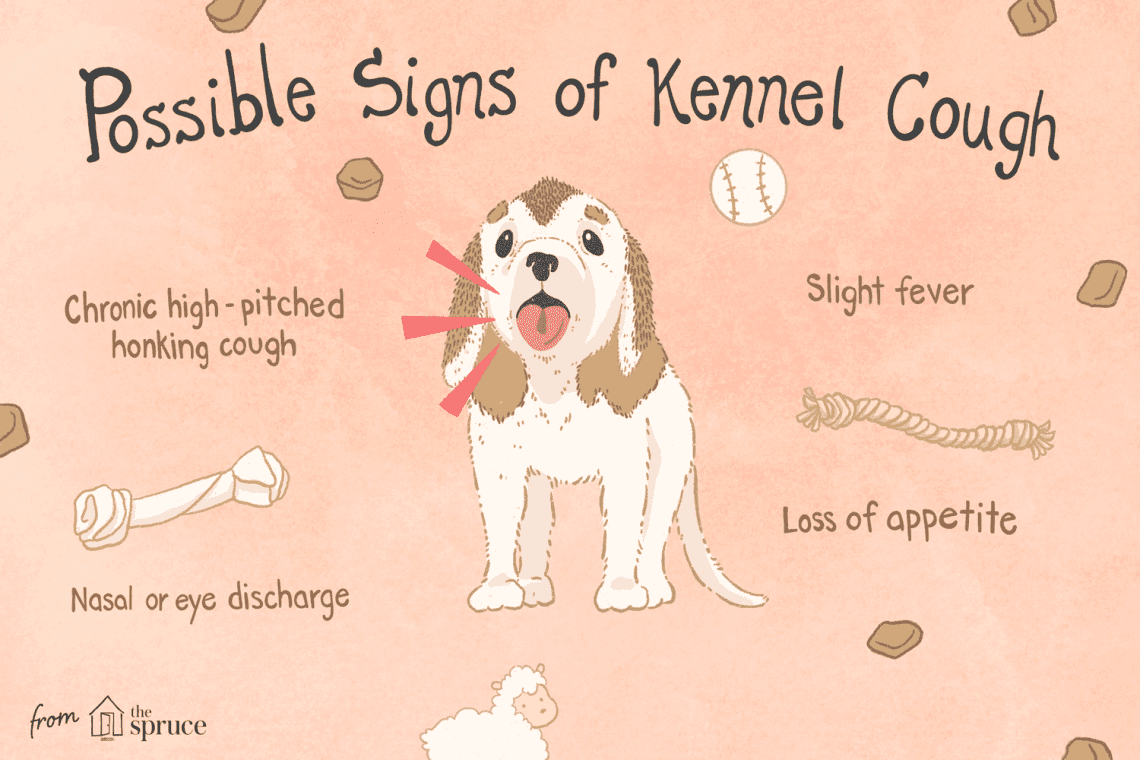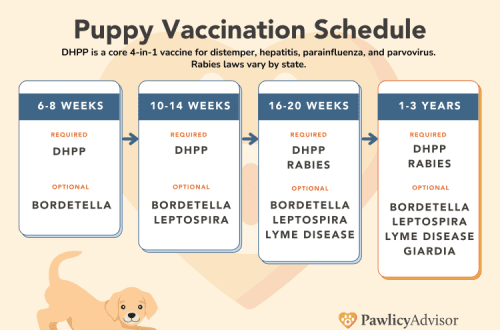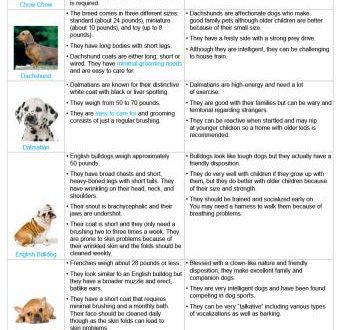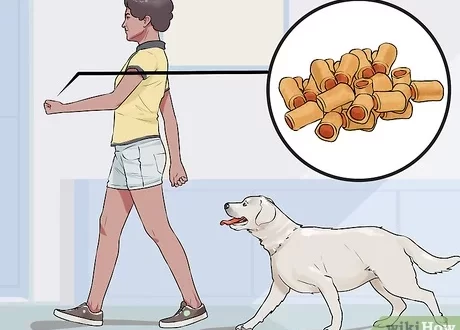
Kennel cough in dogs: symptoms and treatment
A caring owner quickly notices changes in their dog’s habitual behavior. The appearance of a cough is one of the most common complaints at the reception in veterinary clinics. If the pet began to cough, you must definitely take him to the veterinarian. Why is kennel cough dangerous? Is it curable?
Contents
What is kennel cough
Kennel cough, or infectious respiratory disease of dogs, is a syndrome that occurs when an animal becomes infected with a bacterial or viral infection. Most often it is:
- canine adenovirus type 2, CAV-2;
- canine parainfluenza virus, CPiV-2;
- canine herpesvirus, CHV-1;
- canine respiratory coronavirus, CRCoV;
- bacteria Bordetella bronchiseptica, Streptococcus equi, Mycoplasma spp. and etc.
Many are confused by the name: it seems that there is kennel cough in puppies and dogs living in kennels. In fact, the disease is called so because it most often appears in dog “teams” – in the same kennels, shelters, at exhibitions, among a friendly company on a training ground or in a public garden. This infection is highly contagious, easily transmitted through the air from a sick dog to a healthy one. Therefore, you need to be on your guard if someone coughs among your pet’s tailed friends.
How is kennel cough transmitted?
The causative agents of kennel cough are transmitted through saliva and nasal secretions. Sometimes the disease is hidden. The dog sneezes, sniffs other pets, leaves marks on the owner’s hands, toys, equipment. Healthy animals can inhale or lick the droplets in which the pathogen lives. Then the infection will begin to develop in them.
Symptoms of kennel cough in dogs
The kennel cough of dogs usually has a sharp and sudden onset: a healthy-looking animal begins to cough and at the same time, as it were, grunts. Discharge from the nose or eyes appears, which is why the pet touches them with its paw, wipes, sneezes. Vomiting can occur, especially if you accidentally press on your throat, pull on a leash, or after physical activity. The temperature rises slightly and should be measured regularly – if it rises or lasts longer than 7 days, this is a signal that the dog is getting worse.
Treatment depends on the severity and duration of the disease. It is prescribed by a veterinarian. Until recovery, the dog must be isolated from other pets. In mild cases, four-legged friends and without treatment recover within 7-10 days. Antibiotics are prescribed to fight the bacterial infection. If necessary veterinarian can choose an individual treatment plan.
In most cases, and with the right approach, dogs recover safely. But there are signs that may indicate that the four-legged pet is getting worse. With these symptoms, you should get to the veterinarian as soon as possible:
- frequent, labored breathing;
- diarrhea;
- refusal to eat;
- lethargy;
- inflammation or sores in the eyes.
Are there vaccines for kennel cough?
There is no vaccination against kennel flu in dogs, because it is caused by various pathogens. But there are vaccines for canine flu, adenovirus, plague, parainfluenza. Vaccinated dogs are less likely to become infected, and if infected, the disease is milder and faster.
Dogs of any age, any breed can become infected. But special attention should be paid to puppies up to a year old, as well as to brachycephalic dogs – bulldogs, pugs, Japanese chins, Pekingese, etc.
Owners should not worry about their health. Humans are immune to most kennel influenza pathogens. Bordetella bronchiseptica, which is sometimes transmitted to humans, can in very rare cases cause bronchitis.
When caring for a pet, timely vaccinations, as well as compliance with the regimen of kennel cough will be avoided. But if the symptoms still appear, it is better to consult a doctor as soon as possible. Most likely, the forecast will be favorable and the four-legged friend will soon be able to have fun and have fun, as before. About all types of cough and how to distinguish them from each other – in the article.
See also:
- Understanding the Causes of Coughing in Dogs
- Can a dog catch a cold or get the flu?
- Bronchitis in dogs – causes, symptoms and drugs for treatment





